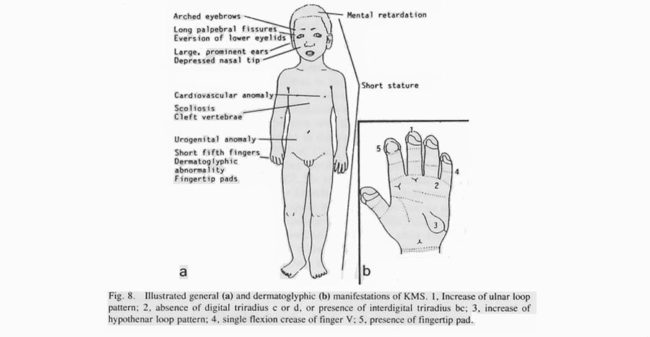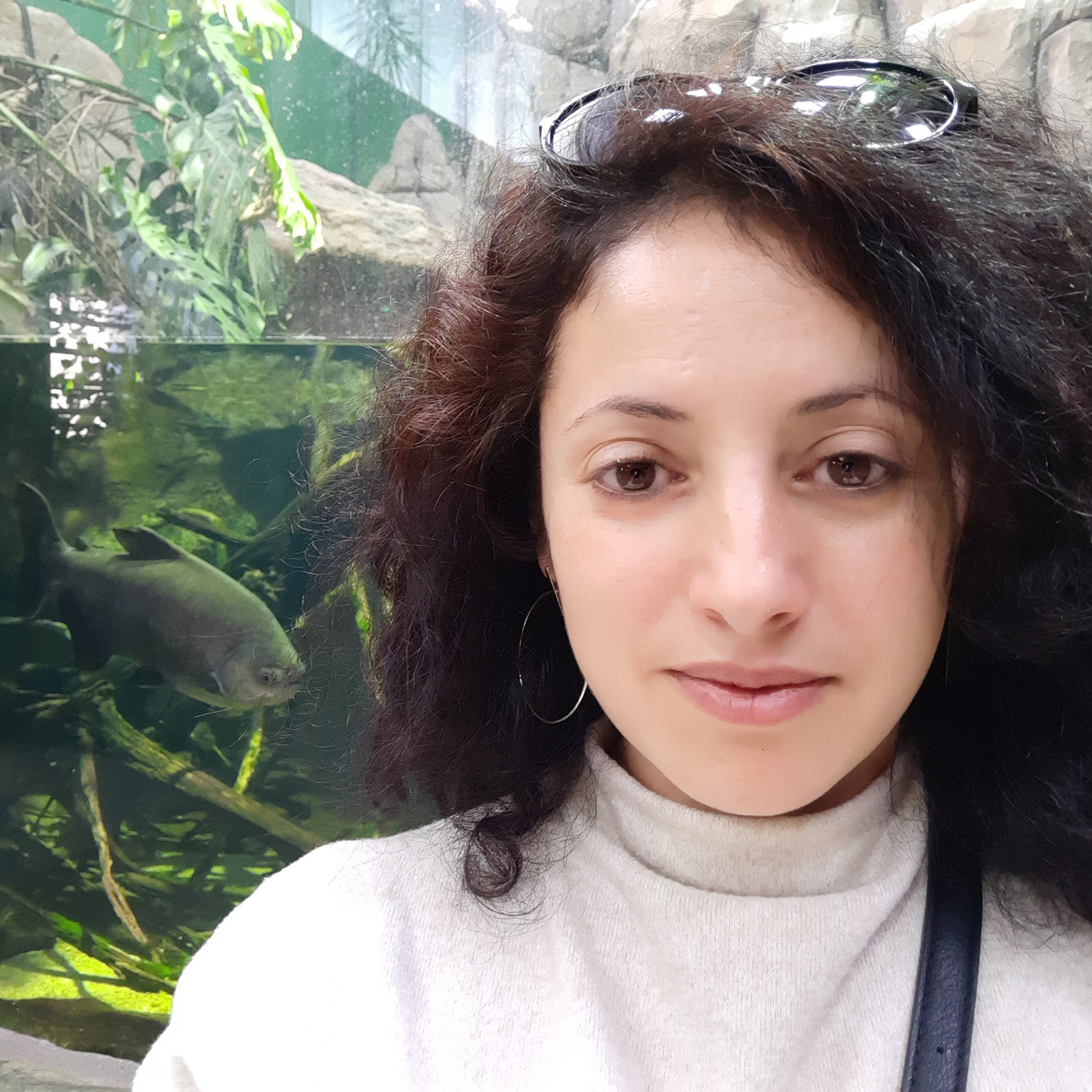
 There are 165 people in Daghestan who suffer from rare genetic diseases; more than half of them are children. Patients complain of a lack of assistance from the state.
There are 165 people in Daghestan who suffer from rare genetic diseases; more than half of them are children. Patients complain of a lack of assistance from the state.
Asiyat Magomedova, an eight-year-old girl from Makhachkala, suffers from a rare genetic disease — Kabuki syndrome. She was diagnosed several years ago by doctors in Germany. She was two years old at the time.
‘She was born weak, she had a heart defect. This is how our doctors in Daghestan explained her condition. When we arrived in Germany, we were told that she had Kabuki syndrome and that the defect is one of the pathologies of the syndrome’, the girl’s mother, Ilona Magomedova, told OC Media.
Kabuki syndrome is still not properly understood, but Asiyat was lucky: scientists discovered the cause of the disorder just a few months before she was diagnosed. It is caused by mutations in the MLL2 gene, which is responsible for the breakdown of protein in the body. Less than 1000 cases of Kabuki syndrome have been recorded in the world.
There are 165 people in Daghestan suffering from Kabuki syndrome and other rare genetic diseases, 127 of these are children. Those numbers were published on 28 February, international day of rare diseases, during a conference of the Public Council for the Protection of Patients’ Rights under Russia’s Ministry of Health.
According to experts, the most common genetic disease in Daghestan is mucopolysaccharidosis. Patients suffering from this genetic disease lack an enzyme that is responsible for removing toxins from the body. The second most common is phenylketonuria, which causes the body to accumulate toxic levels of the amino acid phenylalanine, which can shut down the central nervous system. Osteogenesis Imperfecta is another genetic disease common in the republic. People suffering from the disease have fragile bones.
According to a statement from Daghestan’s Health Ministry, up to 30% of the district budget is allocated to medicines for such patients. However, patients and their families complain of a shortage of vitally needed drugs, and of the poor quality of drugs which they do receive.
Ilona Magomedova says that for the last eight years her daughter has had six heart surgeries. During two of them, she suffered clinical death. As a result, Asiyat is mute. She began to walk only three years ago. Because of weaknesses in her heart and lungs, she often catches colds. Drugs are necessary for treatment.
‘When Asiyat is ill she needs antibiotics, medicines for her bowels, antihistamines, and injections. She has hearing aides in her ears as she cannot hear without them. Last time we bought medicine for her ears it costed ₽500 ($9) for each drop. Antibiotics, even without Novocain [a painkiller], cost ₽800 ($14). Good medicine is expensive. Weak medicines do not help anymore. We have the list of medicines which the government provides for free, but the medicines we need are not on it’, Ilona says.
There is an overall shortage of medicines needed to keep patients with orphan diseases — rare diseases for which research into and treatment of is neglected — alive. In many cases medicines exist which could give people a normal life expectancy, but there are no such medicines in Daghestan. In Moscow and abroad they are expensive. Patients’ disability allowances are not enough to buy these medicines, and so they need help from the government.
Zoya Umakhanova, head of Neurology at the Daghestan State Medical University, has studied inherited genetic diseases of the nervous system for 17 years. She says that there are frequent deaths due to the absence of necessary treatments.
‘The majority of patients with orphan diseases die without proper treatment. If for some severe diseases there are drugs that can support and pathogenetically correct the defect (for example, cases when insulin is artificially injected in patients with diabetes mellitus), in most cases involving orphan diseases, the medicines are not available’, Umakhanova told OC Media.
In addition to the shortage of drugs, there is a shortage of qualified doctors for rare genetic diseases in Daghestan, and a lack of laboratories to diagnose them. Umakhanova says that doctors in Daghestan cannot fight this problem, and so it is better for patients to go to Moscow or abroad.
‘Unfortunately the reality shows that patients with orphan diseases cannot get proper treatment in Daghestan. However we do our best. In grave cases we recommend going to medical facilities beyond the republic, where they will be correctly diagnosed and treated. There is no other way. The main thing is to get there, where there is a laboratory for diagnosis. Most often, we send them to a DNA lab, the Medical Genetics Centre at the Russian Academy of Sciences in Moscow. They have a laboratory where it is possible to conduct a full examination and it is now free’, she says.
The experts do not rule out that Asiyat may not be the only child in Daghestan with Kabuki syndrome, but the others haven’t yet been diagnosed.




 9 March 2017
9 March 2017



